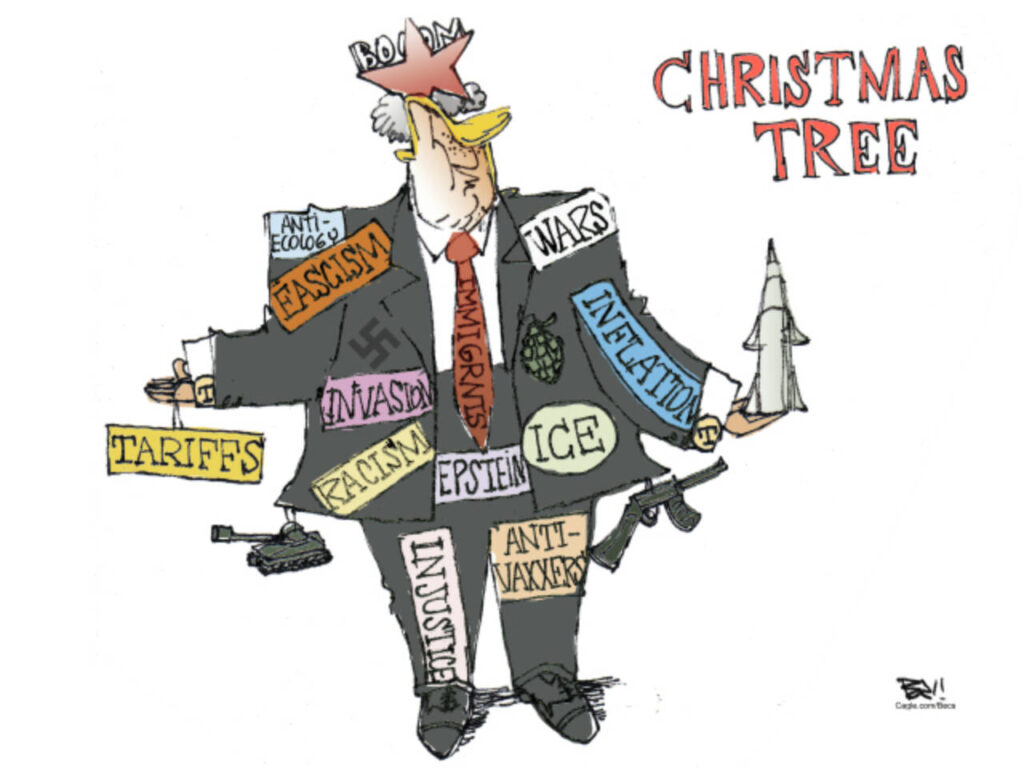The report outlines key trends that collectively suggest that the future of the U.S.-China rivalry will bear little resemblance to the titanic struggles of the past two centuries.
U.S.-China peacetime competition appears headed to unfold under conditions featuring
> The net effect will be to considerably weaken virtually all states, including the United States and China.
> At the same time, severe resource constraints and a nearly overwhelming array of threats will stress the U.S. and China militaries and impair their ability to contend with one another.
U.S.-China peacetime competition appears headed to unfold under conditions featuring
- a high degree of international disorder,
- decaying state capacity,
- pervasive and acute domestic challenges, and
- severe constraints imposed by economic and social factors that are vastly different from those industrial nation-states experienced in the 19th and 20th centuries.
> The net effect will be to considerably weaken virtually all states, including the United States and China.
> At the same time, severe resource constraints and a nearly overwhelming array of threats will stress the U.S. and China militaries and impair their ability to contend with one another.
Many theories and ideas of why and how great powers compete may need to be reconsidered.
U.S.-China Rivalry in a Neomedieval World
Security in an Age of Weakening States
Timothy R. Heath, Weilong Kong, Alexis Dale-Huang
ResearchPublished Jun 6, 2023
ResearchPublished Jun 6, 2023
Key Findings
The characteristic conditions of neomedievalism are already evident
- Politically, the centralized nation-state is in steep decline, spurring severe political crises in many countries.
- Economically, growth has slowed and become imbalanced, leading to the return of entrenched inequalities and expansion of illicit economies.
- Nonstate threats, including pandemics, banditry, and ecological and natural disasters, could outpace rival militaries as security concerns.
- Preindustrial aspects of warfare have reemerged, including the prevalence of siege warfare, irregular and protracted conflict, the privatization of warfare, and the prominence of intrastate conflict.
The realities of state weakness and societal fragmentation should become central considerations in all defense work
- Coping with domestic and transnational threats and deterrence of attacks that threaten political legitimacy should have a priority equal to or higher than deterrence of conventional military attack.
- The conservation of military resources and the avoidance of major war will become critical to national success.
The goal and logic of warfare could change accordingly
- As the pursuit of total victory over flashpoints, such as Taiwan, becomes infeasible, targeting the fragile political legitimacy of the rival could become more attractive as a direct way of gaining leverage in negotiations on proximate disputes.
- A perpetually tenuous level of popular support for the government will likely deepen the military's dependence on mercenaries, unmanned systems, and coalition partners for combat operations.









No comments:
Post a Comment